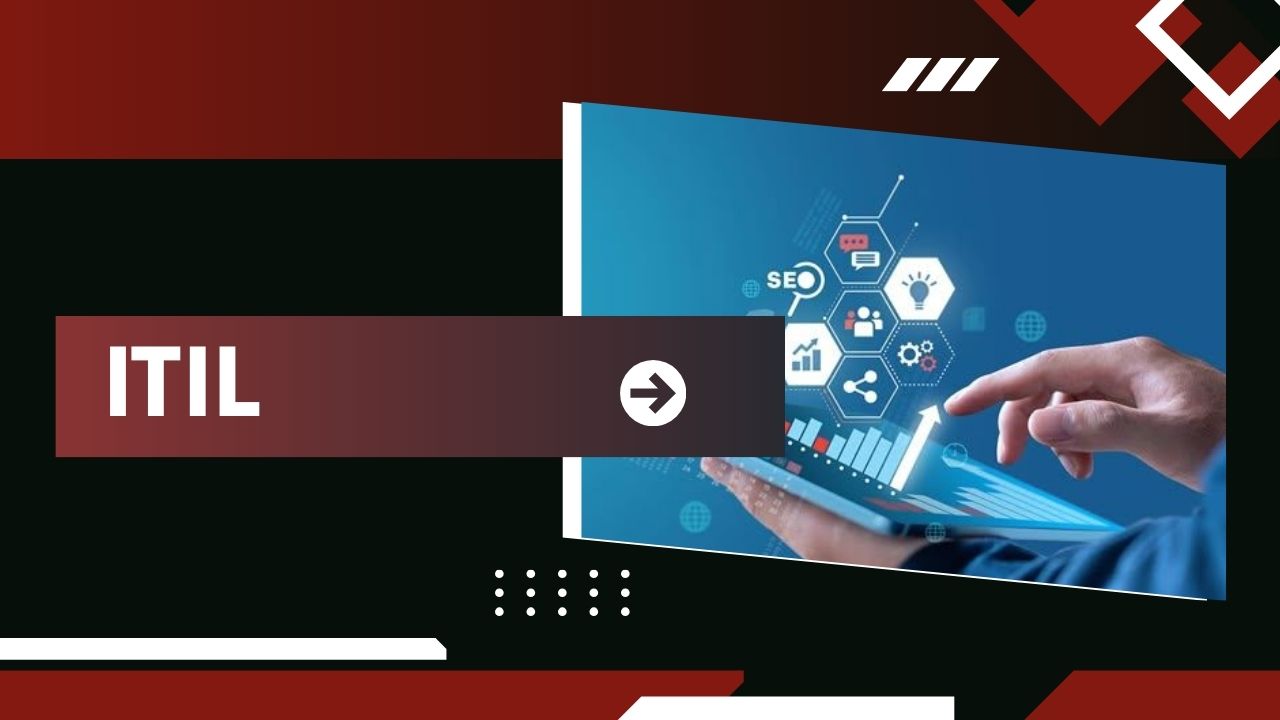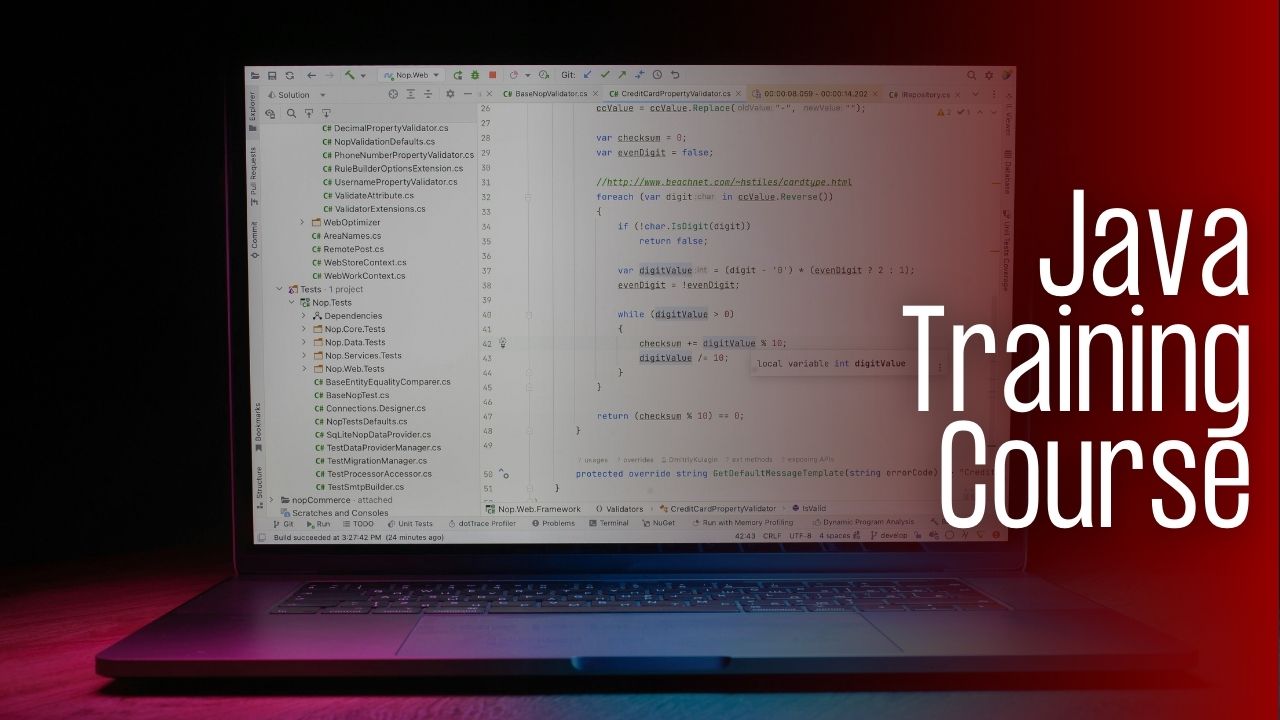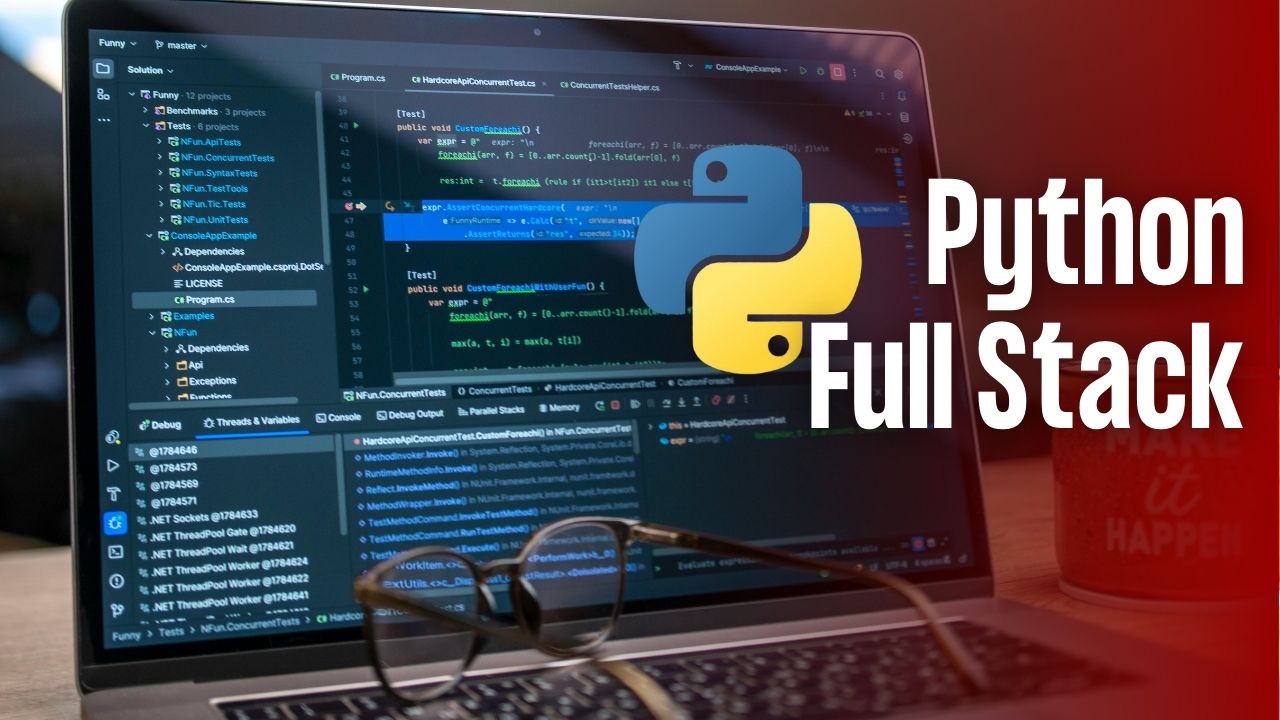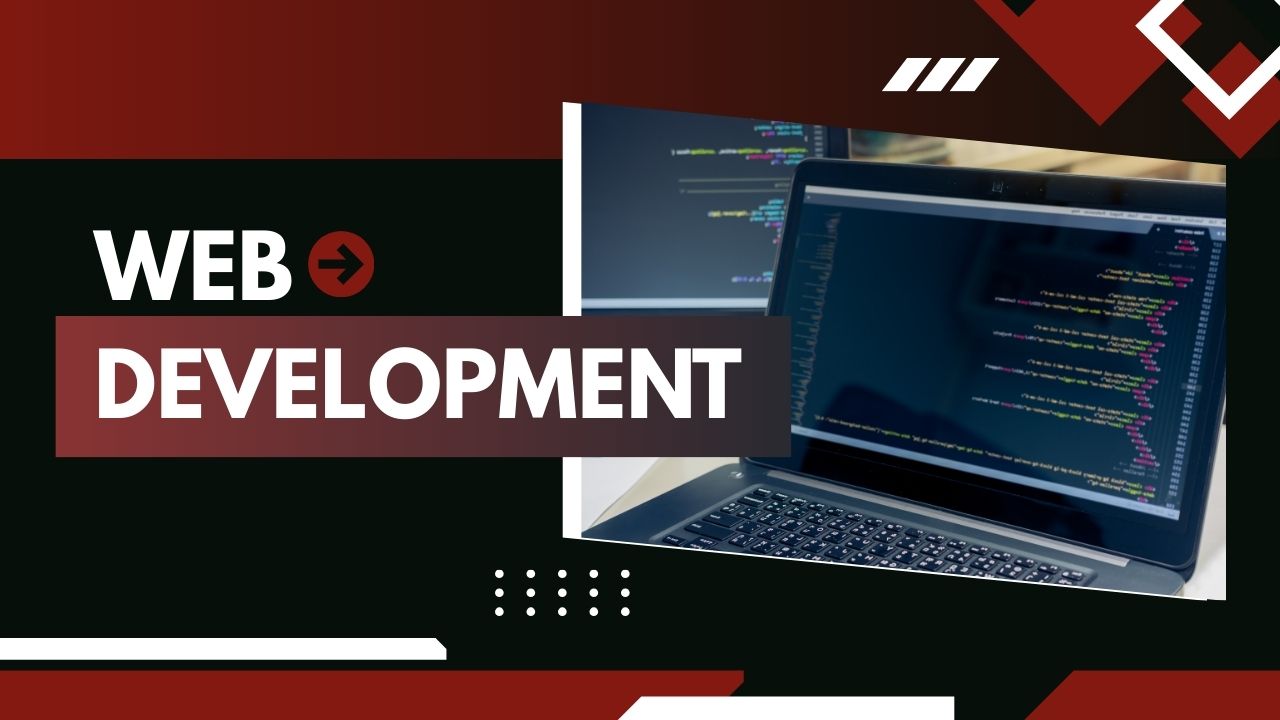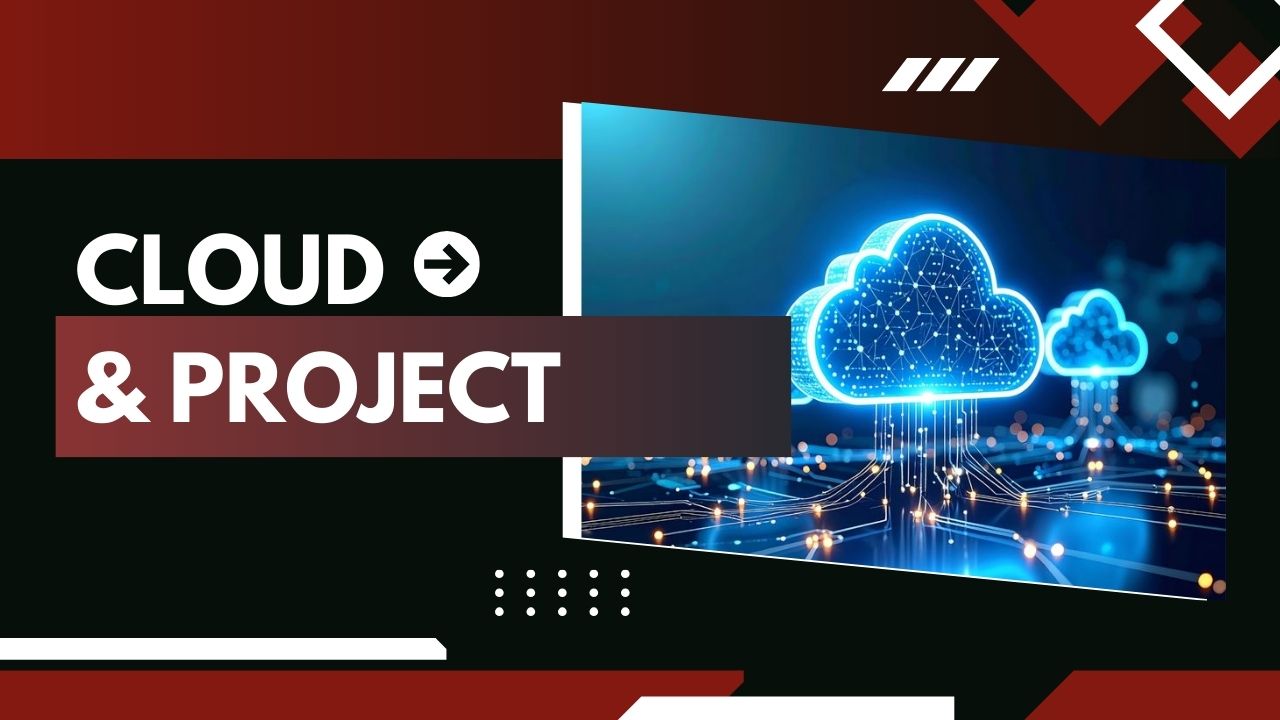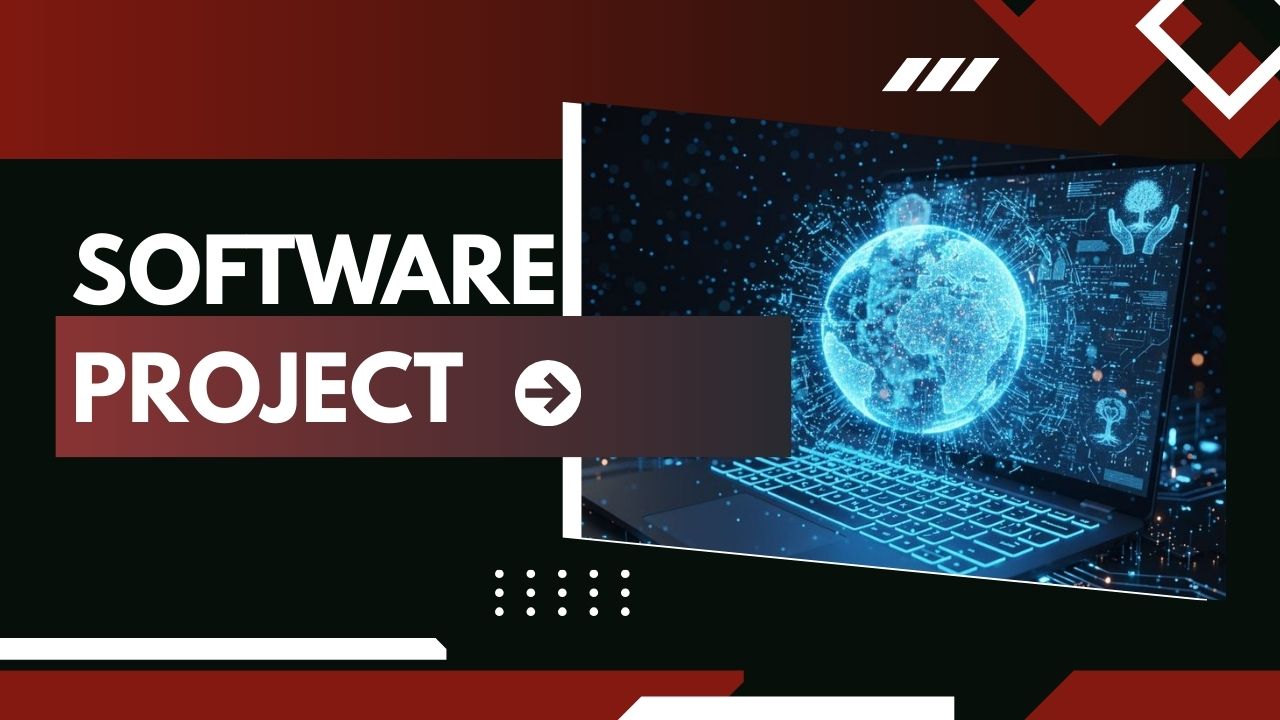Mastering ITIL in One Month: A Simple and Structured Approach
Everyone wants to step into the field of IT service management with confidence. But how would it happen if you don’t know how it will happen? This is where ITIL comes in. ITIL is the Information Technology Infrastructure Management Library. ITIL is a set of practices through which businesses get help. It organizes businesses in a structured way. It ensures that the IT team reduces problems, provides high-quality services, and works effectively with the companies.
If you’re looking to master ITIL in just one month, then you need a well-planned and disciplined approach. With the right strategy, you can easily gain ITIL knowledge and can even opt for the certification exam.
Understanding the need for ITIL
ITIL is essential as it helps organizations manage their IT services. The ITIL team manages in an efficient, structured, and customer-focused way. Without them, IT companies may face issues with service and unhappy customers.
- ITIL manages IT companies by using best practices. It ensures that the business delivers reliable and high-quality support to its users.
- They help the companies to identify, prevent, and resolve the problems as soon as possible. Which automatically reduces downtime and disruptions.
- With the help of ITIL, services are made to cater to the needs of customers. It enhances user experiences and customer feedback to the company.
- ITIL supports the business goals of the companies. They align with the objectives, ensuring that the current technology supports the strategy of the company.
- To reduce the risks and avoid failure, ITIL helps companies to manage change to the IT systems.
- ITIL makes sure that companies follow all the rules and regulations that the industry has established. So, to reduce any legal and security risks.
- It even helps in saving the money of company by improving source management and reducing unnecessary spending.
- Apart from this, ITIL enhances career opportunities. For individuals, ITIL certification is highly valued by companies. The certificate will lead you to gain job opportunities and high salaries.
In conclusion, ITIL is needed because it helps companies and organizations to deliver better IT services. Learning ITIL is a smart investment that will take any individual to long-term success.
Levels of ITIL
ITIL certification is divided into four levels, starting from basic knowledge to expert-level mastery. Each level relies on the previous one. It helps IT professionals to understand, apply, and improve IT services in their organization.
ITIL Foundation (Beginner level)
Beginner level should be chosen by:
- People who are very new to ITIL and ITSM.
- IT professionals who want a basic understanding of how IT services are managed.
- A person who is preparing for a higher-level certification course can choose this.
What does it cover?
You will learn the basic concepts and principles at this level. It contains:
- What is ITIL, and why is it useful
- Key Terms in ITIL
- ITIL Service Value System (SVS)
- How different parts of IT work together
- Four dimensions of service management
- ITIL principles
Why is it important?
- It allows you to build up your foundation in ITIL
- It will help you to speak the ITIL language in your workspace.
- It will allow you to opt for higher ITIL certifications.
ITIL 4 Managing Professional (Intermediate Level)
The intermediate level should be chosen by:
- People who work in IT operations, technical support, and service delivery.
- People who have completed the beginner level and want to step into real-world ITIL.
What does it cover?
This level is built in a way so that individuals gain practical skills. It has four key modules, which are as follows:
- CDS – How to design, build, and deliver IT services.
- DSV – How customers can be happy and improve customer experience.
- HVIT – How to adapt new technology and work faster.
- DPI – How to plan strategies, lead IT teams, and improve services.
Why is it important?
- This level will allow you to manage IT services more effectively.
- It will prepare you for higher roles in IT management.
- It will teach you real-world ITIL principles.
ITIL 4 Strategic Leader (SL) (Advanced Level)
The advanced level should be chosen by:
- People who have completed the ITIL foundation.
- People who want to lead the IT Team.
- CIOs (Chief Information Officers), Senior IT managers, and business leaders.
- Responsible IT professionals for business strategy.
What does it cover?
This level has two major topics:
DPI – Same as at the MP level, but here it focuses more on strategic planning.
DITS - How to drive innovations business goals.
Why is it important?
- IT professionals will learn leadership roles.
- It will teach individuals to use IT services for the success of a business.
ITIL Master (Expert Level)
Expert level should be chosen by:
- IT professionals and leaders with experience.
- People who have completed ITIL MP and ITIL 4 SL certifications.
Why is it important?
- Known as the highest level of ITIL expertise.
- Can help in becoming an ITIL consultant or industry expert.
Final Thoughts
If you think you don’t have enough time and money to do all four levels of ITIL. Then, opt for a one-month ITIL course. You’ll gain knowledge and skills about IT service management. Cloudking Technical is the best in the market if you want to learn ITIL in just one month. Let’s make IT better, one process at a time!
ITIL (Information Technology Infrastructure Library) serves as a worldwide accepted framework which organizations use to handle their IT service operations. The organization achieves its goal of providing exceptional IT services through the implementation of standardized operational procedures and industry best practices. ITIL enables organizations to deliver more dependable services while decreasing their operational risks and enhancing their overall business worth.
At CloudKing Technical, which ranks as the top IT training institute Noida, students learn ITIL through the course that provides practical business case studies and real-world examples. Students learn the processes which IT departments use to plan their work and deliver their services while maintaining and enhancing their IT operations.
The course equips students with the necessary skills to enter IT service management positions and pursue ITIL certification. The program functions as one of the Best IT training courses Noida because it develops essential skills which modern IT professionals need to handle service delivery and operational tasks.

